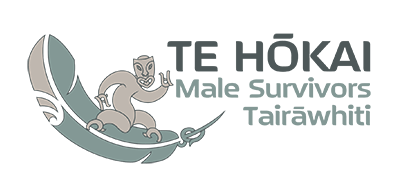Peer support services are rapidly gaining mainstream acceptance thanks to recent federal initiatives, new reimbursement opportunities and the fallout from the opioid crisis.
Peers have a unique ability to drive sustained patient engagement, industry insiders said at Behavioral Health Business’ VALUE conference. This makes the peer support model cost-effective for providers looking to shift away from fee-for-service models and toward value-based care.
“Pretty much every person who is getting treatment for a mental health or substance use condition will benefit from peer support,” Shrenik Jain, founder and CEO of Marigold Health, said at BHB’s VALUE conference.
Boston-based Marigold employs peer specialists and recovery coaches and embeds them with partner providers, including outpatient MAT programs, residential treatment and primary care groups. It also operates a technology platform where members can communicate with each other in anonymous forums moderated by peer specialists.
